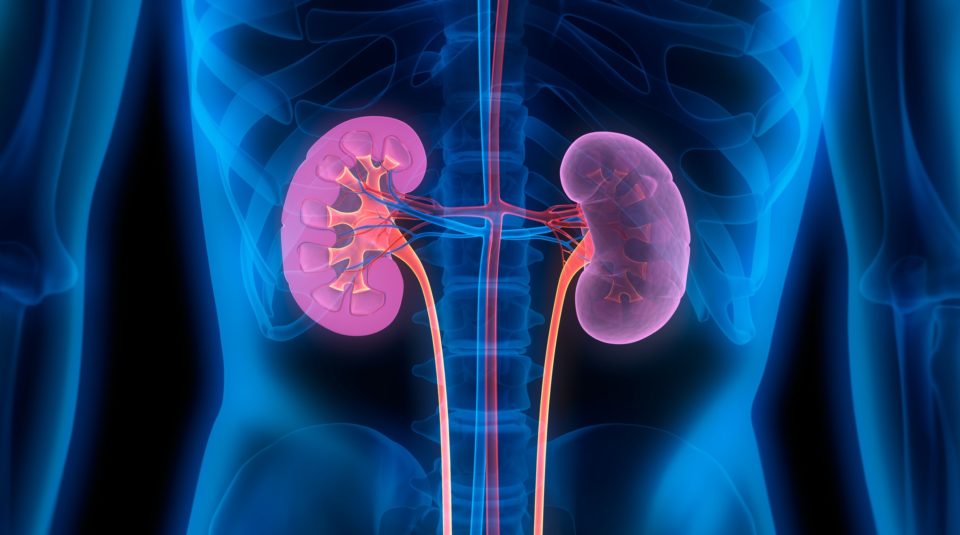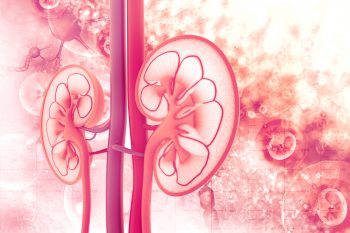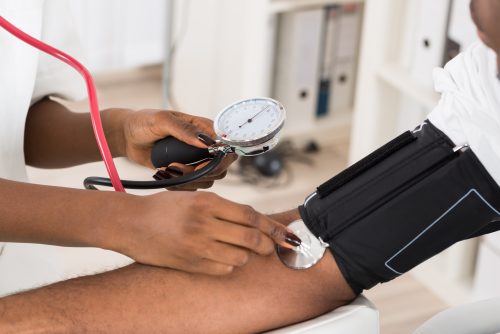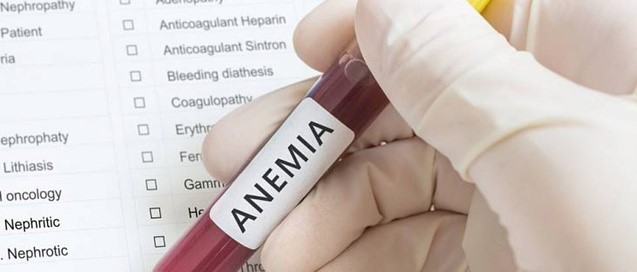
Black Americans are at increased risk for chronic kidney disease; a portion of the increased risk may be due to polymorphisms in the gene encoding apolipoprotein L1 (APOL1). Applications of APOL1 genotyping are increasingly being utilized for evaluation of organ donors; however, there are few available data on the level of interest among Black patients in APOL1 genotyping and the implications for management of individual risk for kidney disease.
Krista L. Lentine, MD, PhD, and colleagues conducted a pilot study offering APOL1 genetic testing to examine attitudes and concerns related to the testing and to management of kidney risk. Results were reported during a virtual poster session at the NKF Spring Clinical Meetings 2021 in a poster titled APOL1 Genetic Testing in African American Patients with Hypertension: A Pilot Study of Attitudes and Perceptions. Eligible patients were Black Americans treated in hypertension and nephrology clinics at a large urban medical center in the Midwest.
To date, 89 patients have genotyping results. Of those, 56% are women, mean age at testing was 58 years, 72% were obese, and participants were taking a mean of three antihypertensive agents. Mean systolic blood pressure was 146 mm Hg, mean serum creatinine level was 2.1 mg/dL, median estimated glomerular filtration rate was 43 mL/min/1.73 m2, and median urine albumin-creatinine ratio was 89 mg/g.
A total of 13% had two APOL1 renal risk variants (high-risk genotypes) and 42% had one risk variant. At baseline, 86% of participants reported concern regarding kidney disease, 90% thought being tested for genes that may impact kidney disease was a good idea, and 82% would want their children to be tested for the APOL1 gene.
Only 20% indicated they would be upset if testing revealed they were at high risk. Most said they would initiate changes in health-related behaviors if they had knowledge of high-risk genotype: 62% would seek medical advice, 29% would do more research, 27% would change diet, 20% would exercise more, 19% would drink more water, and 16% would take antihypertensive medications more often. Only 2.3% said they would not change any behaviors.
In summary, the researchers said, “Black patients at a large, Midwestern medical center were receptive towards APOL1 genetic testing and believed that testing would motivate changes in health-related behaviors. Ongoing research is needed to determine optimal patient-centered use of this emerging risk assessment tool.”
Source: Lentine KL, Muiru A, Lindsay K, et al. APOL1 Genetic Testing in African American Patients with Hypertension: A Pilot Study of Attitudes and Perceptions. Abstract of a poster presented at the National Kidney Foundation virtual Spring Clinical Meetings 2021 (Abstract #311), April 9, 2021.






 © 2025 Mashup Media, LLC, a Formedics Property. All Rights Reserved.
© 2025 Mashup Media, LLC, a Formedics Property. All Rights Reserved.